Online shopping provides a quick and convenient way to purchase products, and this is especially true for the...
Nasal Cannulas & Tubing
Nasal cannula, commonly referred to as oxygen cannulas, are medical devices used to deliver supplemental oxygen therapy. Being made of a lightweight tube, nasal cannulas easily hook around an individual's ears and gently rest inside the nostrils. The opposite end connects directly to an oxygen concentrator or flowmeter.
Most nasal cannulas carry oxygen at lower flow rates, up to five liters per minute. However, for greater delivery, you shoulWhat Is a Nasal Cannula?
Used for or a supplemental source of oxygen, a nasal cannula is a thin, flexible plastic tube designed to fit around the head and ears. Two prongs inside the nose to deliver oxygen, typically from a container or larger tank.
When and How Is a Nasal Cannula Used?
Generally, nasal cannulas assist with delivering oxygen to patients with breathing difficulties or who aren’t able to receive a consistent, quality supply of oxygen. This latter factor may be in response to an underlying health condition. Use may be temporary, including for a medical procedure, during recovery from an injury or surgery or in response to an issue restricting oxygen to a patient’s lungs.
However, patients who require oxygen for all or part of the day may regularly use a nasal cannula.
Delivery methods aren’t uniform:
- High-flow oxygen cannulas provide up to 60 liters of oxygen per minute. Oxygen, in this case, is typically heated or humidified.
- Low-flow cannulas provide oxygen at a rate of four to six liters per minute.
Your doctor may have you use a nasal cannula temporarily or long-term if:
- You live with sleep apnea, pulmonary fibrosis or COPD.
- You recently experienced respiratory or heart failure.
- You live with a collapsed lung or general breathing difficulties.
- You’re recovering from pneumonia.
- You require intubation or extubating.
- You’re traveling to an area with lower oxygen levels.
For children, nasal cannulas may be needed for underdeveloped lungs or to manage breathing difficulties.

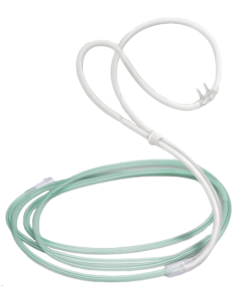



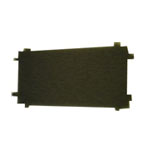
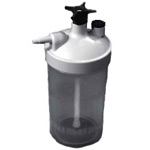
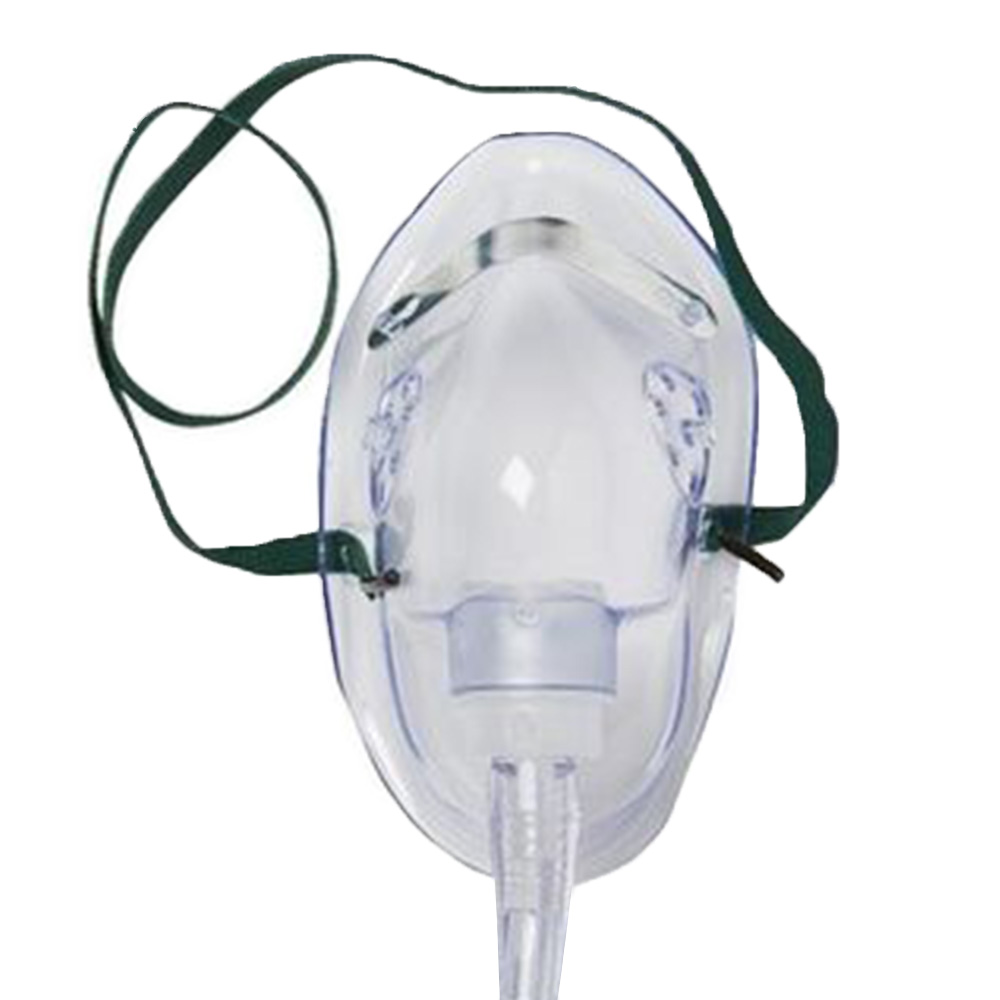
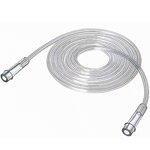
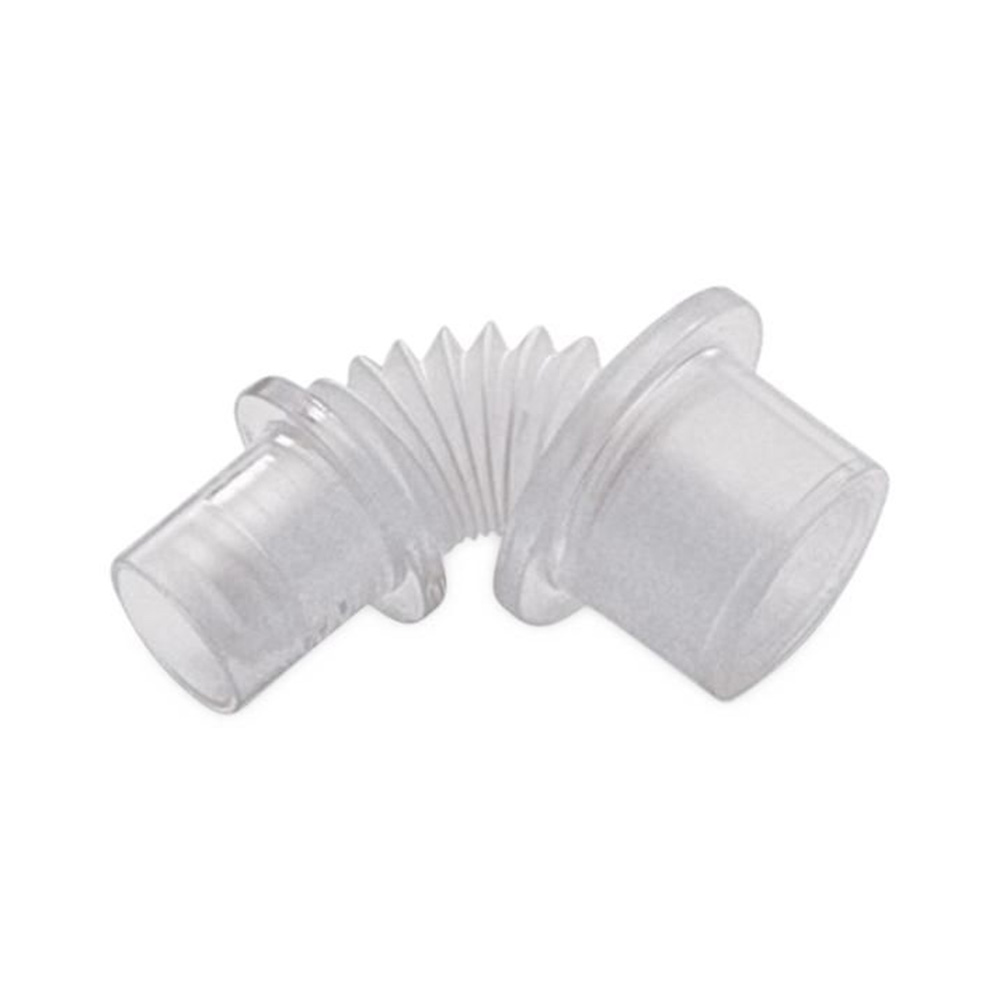
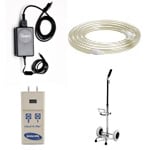
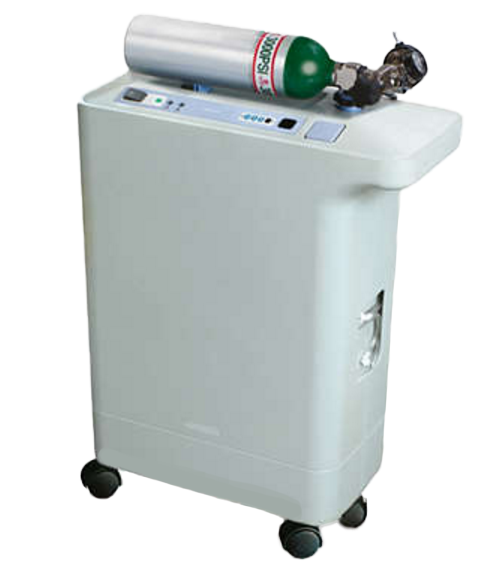
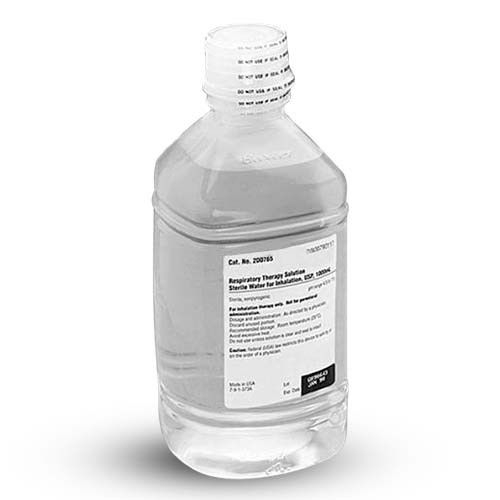
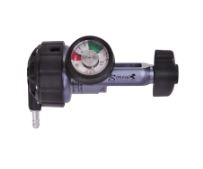

Login and Registration Form